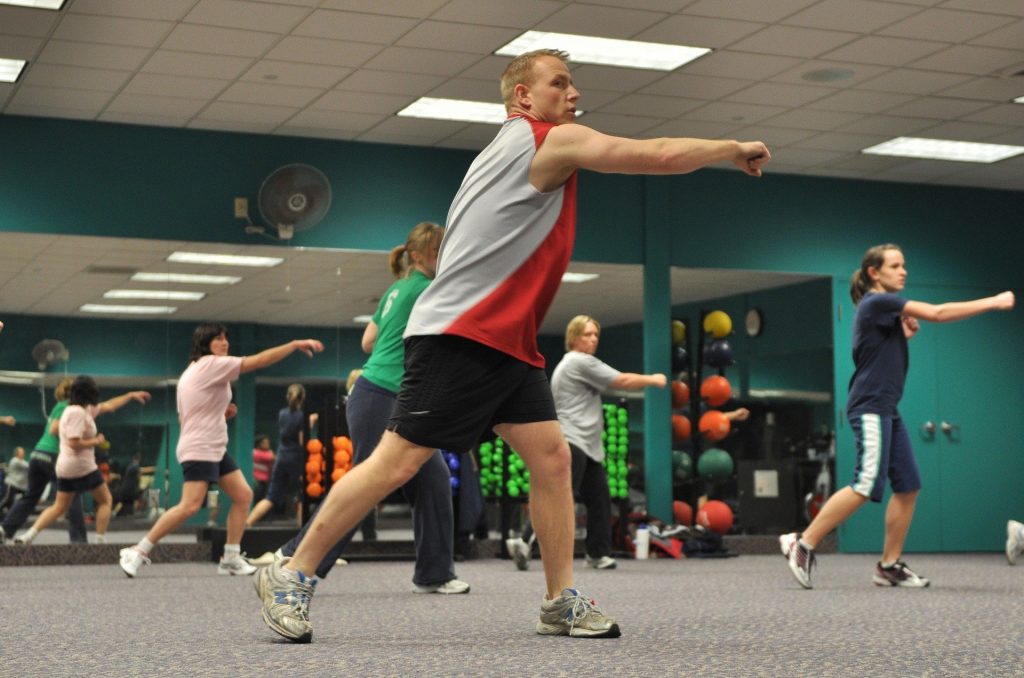Regular and strenuous exercise increases the risk of motor neurone disease(MND) in people who are genetically vulnerable, say scientists.
The team at the University of Sheffield said nobody should stop exercising as a result of their study.
But they hope the findings could lead to ways of screening people who may be at higher risk and give tailored advice.
Overall, around one in 300 people will develop motor neurone disease.
It affects people’s ability to move, talk and even breathe as the motor neurones that carry messages from the brain to the muscles fail. It can dramatically shorten people’s lives.
Who gets it and why is a complicated, poorly-understood mix of the genetic risk you are born with and other environmental factors that build up over a lifetime.
There has long been a connection between exercise and the disease, but whether it was a genuine “cause” or just a “coincidence” has been the source of fierce debate.
The researchers analysed data from the UK Biobank project, which has detailed genetic samples from half a million people.
They used a technique called Mendelian randomisation to turn that data into an experiment, and showed people whose DNA makes them more likely to do strenuous activity were more likely to get MND.
The study, published in the journal EBioMedicine, also showed:
- many of the genes known to increase the risk of motor neurone disease change their behaviour in response to exercise
- people with the most common mutation linked to MND develop the disease at an earlier age if they exercise strenuously
Strenuous and regular was defined as more than 15-30 minutes on more than 2-3 days per week. But obviously, most people who exercise that much do not develop motor neurone disease.
Dr Cooper-Knock said: “We don’t know who is at risk and we wouldn’t go as far as advising who should and shouldn’t exercise.
